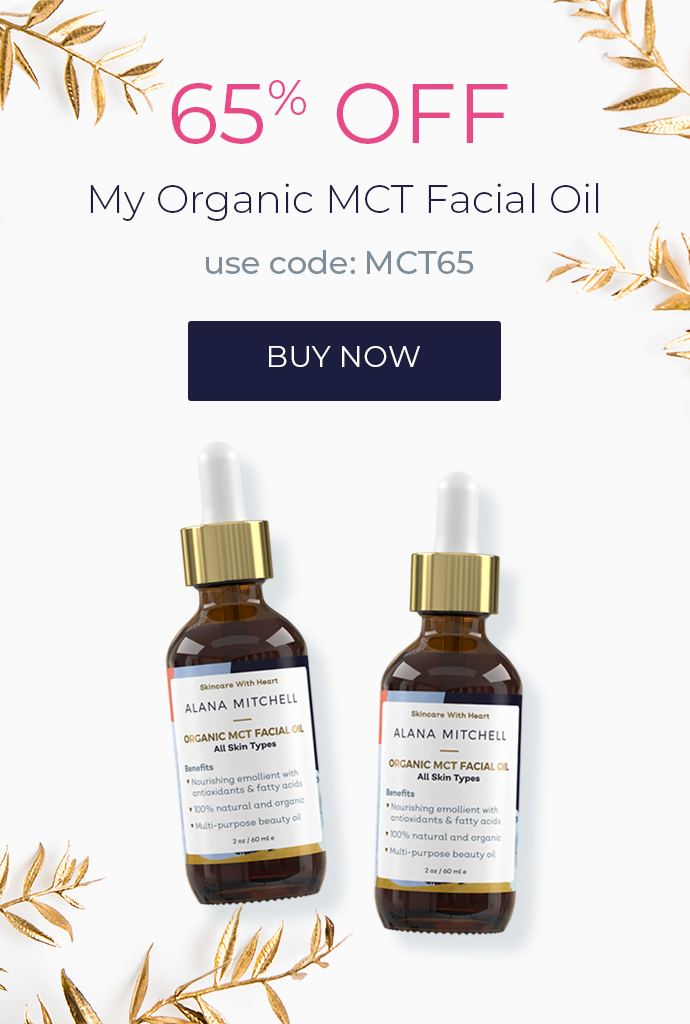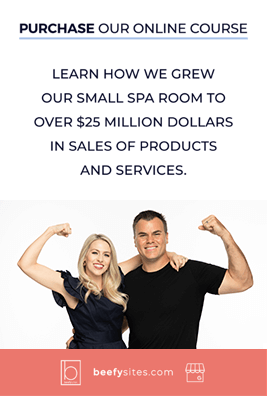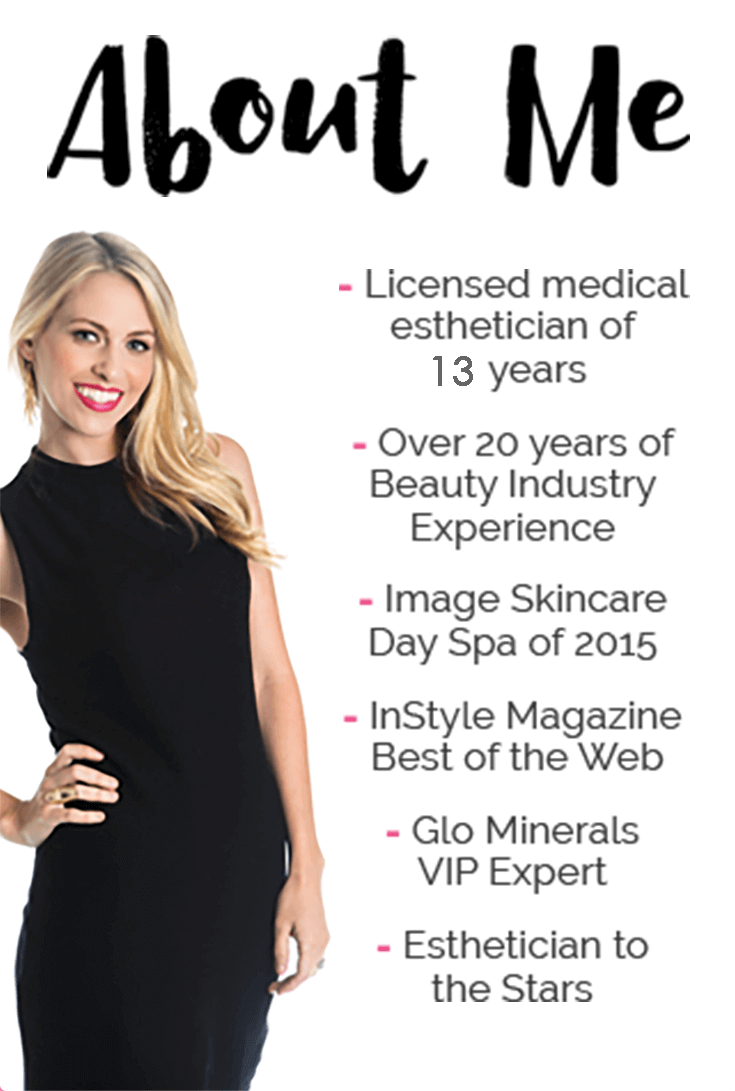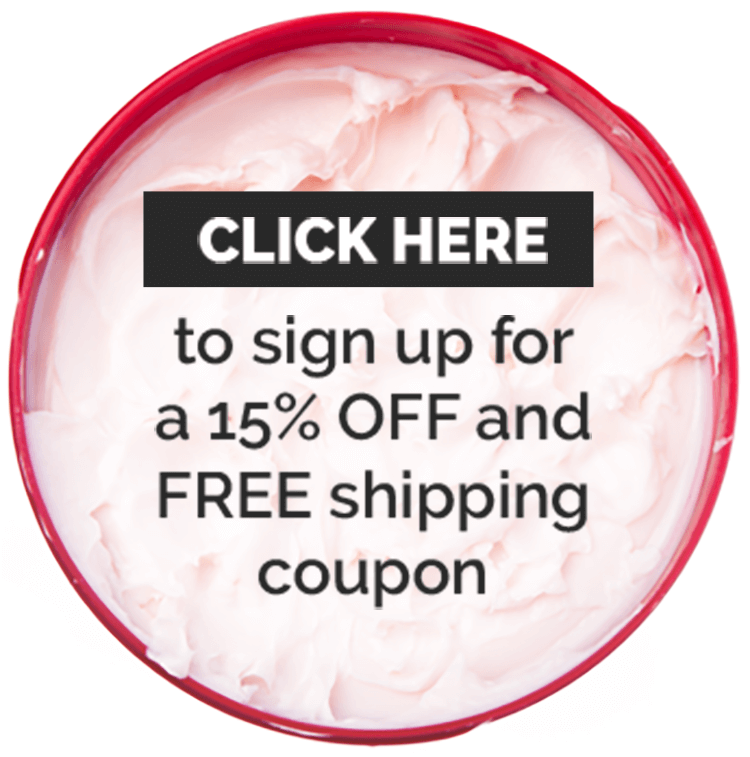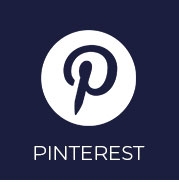What Should You Be Using In Your Skin Care Routine?
Take my quiz and get personalized recommendations from a
licensed esthetician!
Is the Beauty Supplements Trend Safe? What You Need to Know
Supplements are getting a lot of buzz in the beauty industry right now.
You might have even heard of a specific type or brand that you just HAVE to try.
After all, anything that promises perfect skin, great hair, and strong nails is hard to ignore.
Especially if you can achieve them simply by taking a vitamin-like pill...like they assure consumers they do.
Quick, noticeable results are one reason why dietary supplements are popular as well.

As a licensed esthetician, I’ve worked with countless people who look for skin solutions every day - and I wish I could promise them that a supplement would do everything they want it to.
I get where they're coming from, I really do.
Unfortunately, there’s a lot of misinformation out there when it comes to beauty supplements.
Before you grab a bottle and hope it works its promised wonders, I’m here to help you brush up on some knowledge about these supplements.
Let's get started!

What Are Beauty Supplements?
The word “supplement” is kind of a broad term in itself.
It mostly points to vitamins, minerals, and other derivatives that are meant to compensate for ingredients you may be missing from your everyday diet.
We need lots of nutrients to survive and thrive.
It can be hard to get everything you need from food alone.
But beauty supplements are different.
They’re kind of the new "Big Thing" in the industry.
According to an analysis by the National Center for Complementary and Integrative Health (NCCIH) and the CDC, about 59 million Americans spend $13 billion a year on natural product supplements.
Yep, that’s BILLION with a B.
Overall, the increase in supplement intake can most likely be attributed to the increase in wellness trends as of late.
This includes an emphasis on "natural" products and taking care of yourself.
It's important to note that companies that create beauty supplements make claims that often sound too good to be true in their marketing.
"Notice a difference in 1 week!"
"A guaranteed increase in collagen production!"
If you’re tempted by the allure of what beauty supplements claim to offer, I’ve got news for you: you don’t necessarily need them.
They don't work miracles.
If you think a vitamin deficiency is responsible for the way your hair, skin, and nails are looking, you should see your doctor so you can take the steps to correct it.
Many people don’t inform their doctors about what supplements they take, or consult with their doctors before trying a new supplement.
This can actually do more harm than good, as beauty supplements can interfere with other medications you may be taking or existing health conditions you may have.
Popular supplements can interact with medications and alter the way they work in the body, making prescription drugs either more or less effective or even increasing certain unwanted side effects.
They're NOT regulated by the FDA, either.

The 411 On Beauty Supplements
Here are some of the most popular beauty supplements people take:
Collagen: This is the most plentiful protein in the human body. It is found in bones, muscles, skin, and tendons. Essentially, it holds the body together. Collagen supplements in pill and powder form are being aggressively advertised as a way to improve the strength and appearance of your skin, hair, and nails.
Astaxanthin: This powerful antioxidant can be used topically or orally for sun protection, increasing elasticity, reducing signs of aging, and anti-inflammatory properties.
Biotin: AKA vitamin H, biotin exploded in the beauty supplement world because deficiencies can sometimes result in hair loss and brittle nails. But be warned: those deficiencies are a lot more rare than you may think.
They are ingested in the following ways:
- Ingestible powders (popular with the morning smoothie crowd)
- Tablet “boosters” for water
- Liquid form (kind of like cough medicine)
- Capsules
- Tonics
- Gummies
As with anything you put in your body, you have to be wary of side effects.
Potential side effects of common beauty supplements include an upset stomach, constipation, and diarrhea.
And allergic reactions are always a possibility with anything you ingest.
Another common side effect?
Not seeing the promised results.
And that’s just a real bummer all around.
Dermatologists overall don’t seem incredibly keen on the beauty supplement industry as a whole.
Dr. Patricia Farris recently shared her thoughts on beauty supplements with the American Dermatology Association.
“While the science behind nutrition, supplementation and the skin is still evolving, research suggests a diet high in antioxidants and healthy fats and low in sugars, refined carbohydrates, and bad fats may help the skin look younger,” she said.
Most dermatologists agree with Dr. Farris, mostly because taking supplements isn’t a foolproof way to fix health problems related to skin if a true vitamin/nutrient deficiency doesn't exist.
In my experience, the best way to boost your health - and that includes your skin and complexion - is through a diet that’s rich in the nutrients we need.
Combine a rich diet and plenty of sleep, and I feel that’s the best, most natural way to improve your overall health.

Why People Choose Beauty Supplements
So why do people choose beauty supplements if they can achieve most desired results from a balanced diet and a good night’s sleep?
I think a lot of factors are at play here.
First, it’s a convenient and seemingly easy “fix.”
As I’ve talked about before, there’s also a lot of fear-mongering in the beauty industry.
Product labels can trick us into wanting to correct problems that don't even exist.
Psychology plays a role in that, too.
Second, people tend to think of beauty supplements as medicinal.
In the same way you might take vitamins for an iron or calcium deficiency, you might be tempted to add beauty supplements into your daily regimen to help with acne, rosacea, and brittle hair or nails.
Third, demographics play a part.
Interestingly, the largest consumer age group for general supplements is 55+.
People who are seeing the signs of aging and experiencing more ailments may need to supplement their diets and might use that mentality to cross over to beauty supplements as well.
Additional research shows among those who take beauty supplements regularly, 26 percent are between the ages of 18-34, whereas 17 percent are age 35-44, and 14 percent are over the age of 55.
Generally speaking, millennials are more concerned with treating their bodies with the TLC it deserves and are more in-tune with how their skin looks than previous generations of twenty and thirty-somethings.
They might turn to beauty supplements because they care about their appearance and want a "natural" option.
Unfortunately, people assume that this trend is automatically "safe" because everyone else is doing it.
We shouldn't let others influence us without actually doing our own research!
Other blogs are recommending certain brands left and right, without knowing what they actually are.
We all want better skin, but your safety and health come first.
You need to know what’s going into your body!

Vitamins, Minerals, and Ingredients That Work
If it’s vitamins you want to learn more about, then look no further!
I’ve done a little digging to compile a go-to list of popular and effective vitamins for skincare.
The best part about these is that they’re natural, recommended, and effective.
Again, talk with your doctor before starting a regimen of any of the below.
Vitamin A: Vitamin A is used to treat several different skin conditions, including acne, eczema, psoriasis, cold sores, and sunburn. It’s also used primarily in retinol, one of my favorite anti-aging products. While it has been shown to be effective in high doses, the side effects can be dangerous, so consult a dermatologist before using.
Vitamin C: The body requires vitamin C to make collagen. It also brightens dark spots, encourages cell turnover, and is an antioxidant against free radicals. (All of these amazing benefits are a huge reason why I created my Daily Vitamin C Moisturizer.)
Vitamin D: We get this from the sun! It contributes to skin cell growth, repair, and metabolism. It helps destroy free radicals that can cause premature aging. Vitamin D also helps with bone metabolism and even fights depression.
Vitamin E: This vitamin is recommended for anti-aging, sunburns, and inflammatory skin disorders like psoriasis and contact dermatitis.
Fish Oil: Fish oil has been shown to help with hair growth, skin regeneration, and weight loss. It can also prevent or slow down heart disease. However, high, frequent doses can be dangerous due to mercury levels, so quality is important.
Hyaluronic Acid: This is one of my all-time favorite ingredients! It's can be also labeled as hyaluronate, sodium hyaluronate, or glycoaminoglycan. This is a very common ingredient for beauty supplements, though I recommend it in topical products for its deeply hydrating effects as it binds water molecules to the skin.
Iron: Did you know that some studies show that having low levels of iron in your blood can make hair loss worse? Plus, when your body doesn't have enough iron, it can't produce the right amount of hemoglobin, which lets red blood cells carry oxygen.
Vitamin K: This vitamin is used in topical creams to treat a variety of skin conditions, like spider veins, stretch marks, scars, and undereye circles. It also plays a role in bone health.
Probiotics: Probiotics are good bacteria that promote gut health and may help alleviate any unwanted fatigue or stomach upset. They're becoming more common in skincare formulas (and even makeup) for the ability to balance bacteria that can cause acne.
Spearmint: Due to its anti-inflammatory properties, ingesting spearmint pills or drinking spearmint tea can help with acne. However, it can negatively affect the liver if used in excess.
Water: OK, so this technically isn’t a supplement or vitamin, but it’s necessary to survive and the benefits are monumental. Water plumps the skin and fills fine lines and wrinkles for a supple look. It might just be the cheapest beauty product on the market! It can also help your body absorb whatever other vitamins you might be taking.
Zinc: Zinc can be used to treat acne and is known for cutting colds short, but “routine” zinc supplementation isn't recommended and should be used only if you're deficient enough to have symptoms like severe diarrhea (TMI, sorry).

Natural Ways To Achieve Desired Results
Did you know that the best vitamins, minerals, and nutrients can be found right in some of our favorite foods!
It’s true!
Foods that contain high levels of "good" fats like nuts and certain types of fish can actually reduce wrinkles.
The omega-3 fatty acids found in these ingredients hydrate skin and lessen the appearance of fine lines.
Here’s something to think about while you’re on your next outing to the grocery store: preliminary research shows that altering your diet can actually decrease your risk of skin cancer.
Meals that contain leafy greens, vegetables, olive oil, fatty fish, and red wine (yay!!) help boost antioxidants that battle cancer-causing cells in our bodies.
An added bonus?
Those same leafy greens - think kale, spinach, beet greens, and collards - have been shown to prevent varicose veins.
Dark berries like strawberries, blueberries, and blackberries all boast higher levels of antioxidants, making them an ideal beauty food.
As for dark undereye circles, they can be caused by everything from sinus allergies to a lack of sleep.
But the raccoon look can also be a symptom of vitamin K deficiency.
Interestingly enough, kale (think “K” for “kale”) is a good go-to for this.
The health of your hair is also a reflection of what you put in your body.
Your strands, scalp, and hair follicles thrive on protein, omega-3 fatty acids, and biotin, while vitamins E, A, C and B and minerals like zinc and iron keep strands strong and abundant.
As for me, I usually snack on a balanced diet of:
- Salmon
- Walnuts
- Sweet potatoes
- Eggs
- Spinach
- Lentils
- Greek yogurt
- Blueberries
- Poultry
...and other nutrient-rich foods that give me all the balanced nutrients a body needs!
Hopefully, this gives you an idea of what to munch on.
Final Thoughts
One thing I highly encourage when it comes to all manners of skincare: patience.
To get the most out of vitamins, I recommend using vitamin-rich products (like a serum with vitamin C) in addition to a vitamin-rich diet.
That way you’re getting the nutrients you need from the inside out!
It's also important to remember that it takes time to notice a true difference in your skin’s texture and appearance.
Now, it’s always my intention to inform - never to persuade or dissuade anyone from choosing certain treatments or making health-related decisions.
I would never just throw a list of beauty supplements at you and encourage you to try them for the sake of trendiness!
I choose to educate based on my professional experiences as a licensed esthetician.
But, as always, my advice shouldn’t replace that of a licensed medical practitioner.
Please consult your doctor or dermatologist first before trying anything new!
Figuring out what beauty supplements (if any) you want to try isn’t necessarily a one-size-fits-all kind of decision.
Lovelies, what do you think of beauty supplements? Would you ever try them, or are you against them? Share with us in the comments!
Top Brands
New Brands
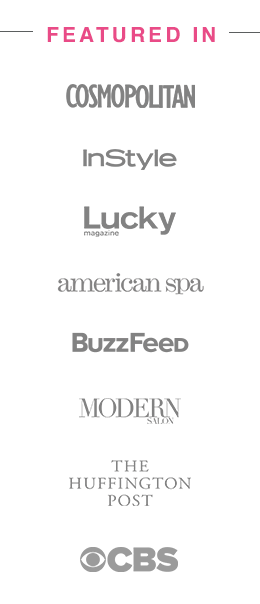
Recent Posts
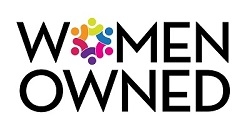
Are You Taking the Right Steps to Care for Your Skin?
Take the Quiz
Skincare Secrets!
10-step guide for healthy, beautiful skin after kids.
100% privacy. I will never spam you!


